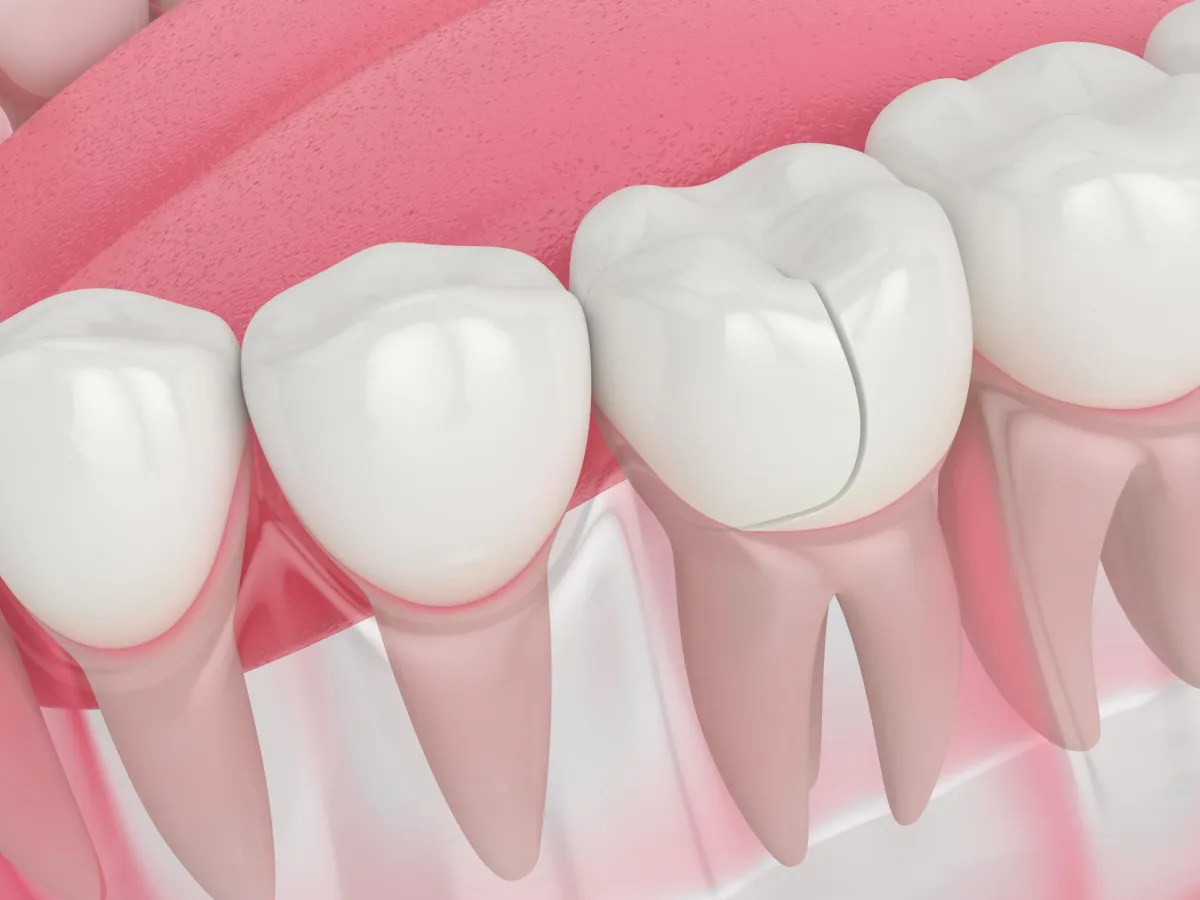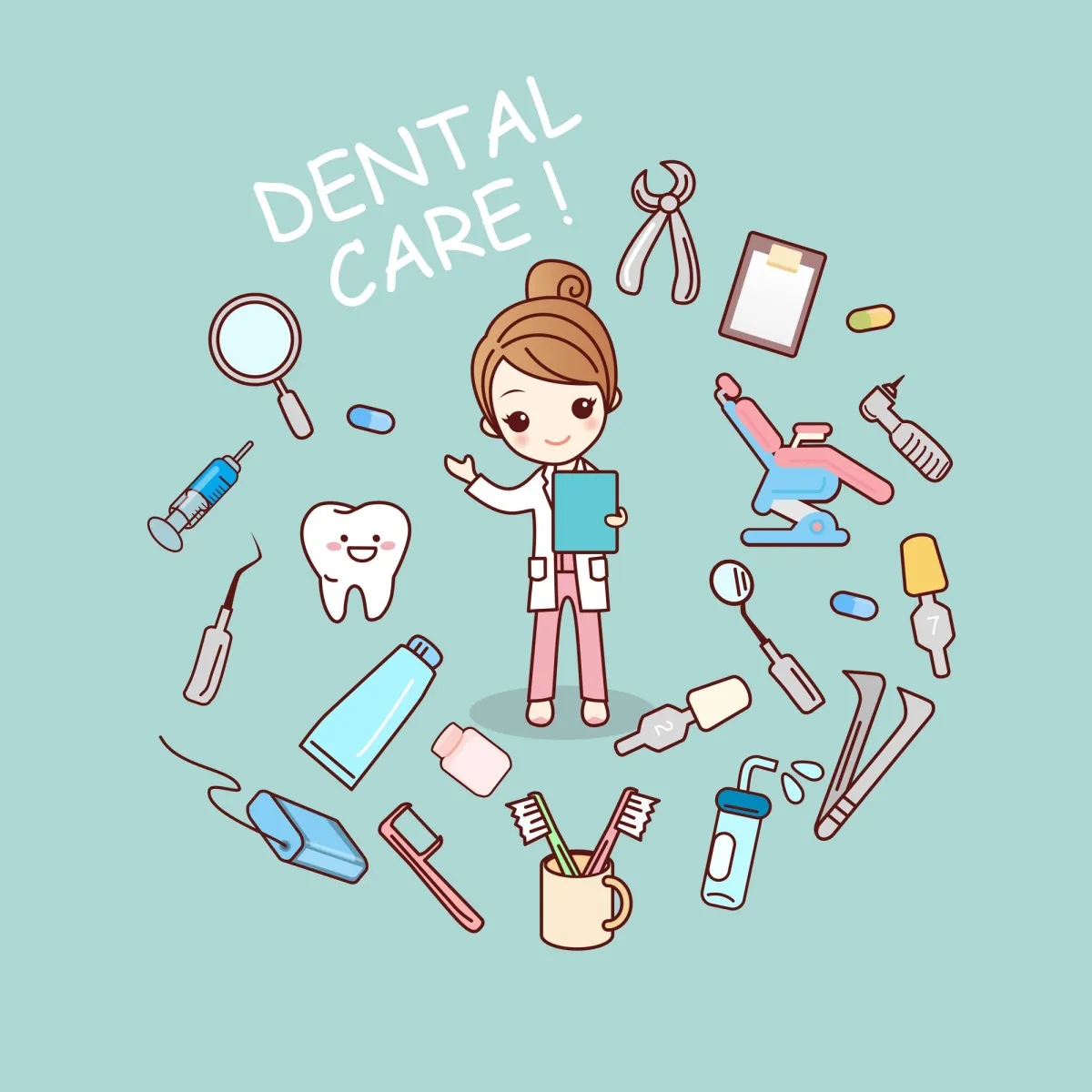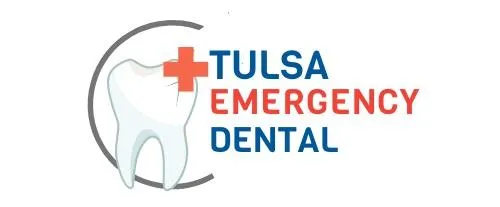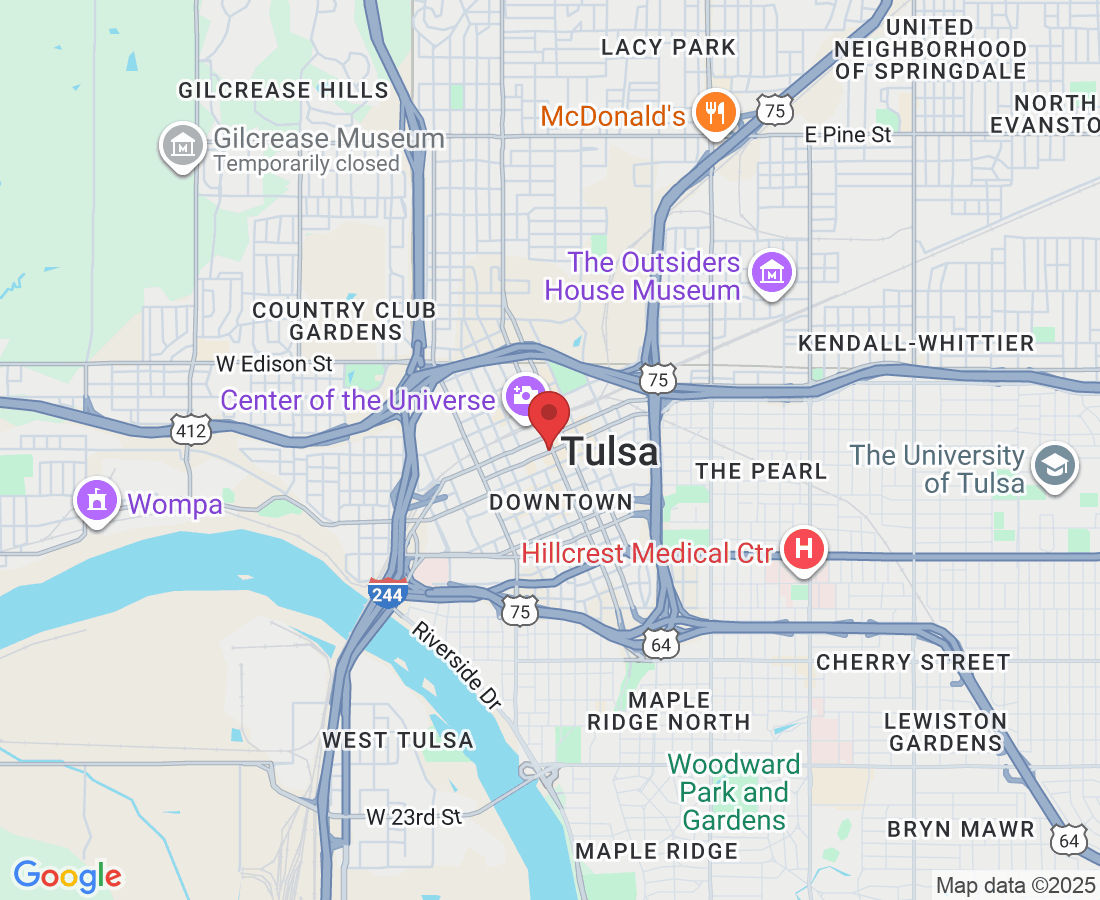Emergency Dental Clinics Of Tulsa | Extractions
What Are Tooth Extractions & What To Expect After The Procedure?
Tooth extraction is a procedure designed to completely remove the permanent tooth in your mouth, some refer to it as "pulling of a tooth". There are various reasons why a dentist-recommended this procedure and the most common sign is severely damaged tooth due to cavities. Extraction helps the patient relieve the pain experienced as well as stops the spread of infection to other healthy teeth. Removal of teeth can improve overall oral health.
Normally, healthcare providers save the tooth as much as possible. However, in some cases, it is impossible to restore the patient needs to undergo a tooth extraction. A restorative tooth can be saved through some dental treatment—dental filling, root canal, crowning, or bonding.
You may want to check your dentist first before making a decision about tooth extraction. A dentist will help you choose what is the proper treatment for your oral problem. Check some of our dental services which you think you might need for yourself. You can also book your appointment online by filling out our website form.

Types Of Extractions
Does root canal? Tooth fillings, dental bonding, and crowning doesn't help fix the cracked tooth? Understanding the extraction means knowing what types you need. The extraction consists of two types—simple extraction and surgical extraction. Depending on what part of the mouth, your oral health is more important!
Simple Extraction
Simple extraction is an easy and straightforward removal of tooth that are easily accessible and visible to the mouth. The dentist will use a local anesthesia to numb the area of the tooth and to reduce the pain of the patient before beginning the procedure. The heal and recovery of a simple extraction is fast and easy. The surgeon may use dental tools like elevators and dental forceps to help pull out the tooth. Cracked or severe decay is one of the reason why extraction is advised.

Surgical Extraction
While surgical extraction is complicated procedure involving the removal of tooth which hasn't been erupted/develop. Typically, your dentist will make an incision to your gum to gain access to the tooth. This will allow the dentist to pull or remove the teeth. Surgical extraction is are more difficult than simple, given the difficulty of the procedure, it may also cost you more.
Contact Us For Any Of Your Dental Emergencies
Experience the same day or next day dental appointment with our clinic. Book your appointment through our business hours.
5 Reasons For A Tooth Extraction
Find out what are the factors why your dentist advised the removal of your tooth.
Infection
- Tooth decay can spread to more serious infections. It can extend up to the pulp down to the gum line. A root canal may treat the infection, but when the damage is severe, it could lead to extraction.
Periodontal (Gum) Disease
- Infection of gums, ligaments, and bones supporting your teeth. Sometimes extraction is the most viable solution to treat gum disease.
Fractured Tooth
- Fractures come in many forms. Some damage is severe and the only option is to have your teeth removed.
Crowded Mouth
- The dentist recommended the removal of teeth to correct the actual alignment of your teeth. it may be necessary to eliminate the overcrowding of your teeth in your mouth, which helps make space or room for a possible new tooth.
Trauma
- Extraction is necessary after experiencing dental trauma due to accidents such as fighting, vehicular collision, fall, and sports injuries. Visit the nearest dental clinic in your area when your experience any of this trauma.

Recovery Tips & Aftercare
What to do after a tooth extraction? Aftercare is important to the healing process. The steps are different depending on how complicated the extraction procedure is and the location of the extraction. As for the recovery timeframe, it could be a few hours after the extraction or more than ten days.
Following your dentist's advice is necessary like taking all the prescribed medicine and taking enough rest and a few days off from work, activities (gym or sport), or school. It is also recommended to eat soft food and avoiding chewing hard food can help a fast recovery. Additionally, always maintain good oral hygiene to prevent another dental problem. See your dentist every once in a while for routine check-ups.
Contact your dentist when pain and bleeding doesn't stop. Visit Tulsa's Emergency Dental for any of your oral concerns.
Get in Touch
Book your appointment by dropping us a short email through our form. Or you may contact us directly to out phone number!
How can we help you?
Open 24/7 For Online Appointment
For your inconvenience our phone numbers and online appointment are open 24 hours!
About Us
Our History
Our Values
Experience
Contact Info
Locations
Services
Emergency Dental
Dental Fractures
Extractions
Sport Injuries
Abscess
Contact
Address
Contact Info
Terms & Conditions
My Account
Disclaimer: https://www.emergencydentaltulsa.com/ is a free service to assist users in connecting with local healthcare providers. https://www.emergencydentaltulsa.com/ is not a doctor’s office nor a doctor referral service, nor is it a substitute for visiting a doctor. Nothing contained on or offered through this site should be construed as medical advice and should not be relied upon for medical diagnosis or treatment. https://www.emergencydentaltulsa.com/ does not endorse or recommend any participating Third-Party Healthcare Providers that pay to participate in this advertising. All persons depicted in a photo or video are actors or models and not doctors listed on https://www.emergencydentaltulsa.com/.

